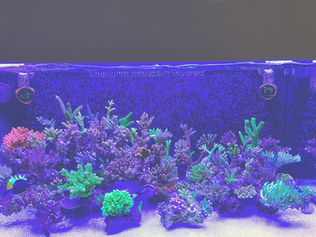
Species Victim Impact Statement (SVIS) Initiative
giving wildlife a voice in courts

What are Species Victim Impact Statements?
Species Impact Victim Statements (SVIS) explain to lawyers and judges the harm that wildlife crime has done to individual animals, species and ecosystems.
A human victim of crime can make a victim impact statement alerting the court to the harm suffered as a result of the crime.
Non-human victims of wildlife crime have no similar voice in court. In the absence of training in ecology and conservation science, it is difficult for prosecutors and judges to assess the impact of wildlife crime.
Where harms are underestimated, defendants receive inadequate sentences that do not effectively deter wildlife offending.
Species Victim Impact Statements help to ensure informed sentences for wildlife crimes.
Illegal Wildlife Trade
Global illegal wildlife trade is valued at over 20 billion dollars per year and provides the fourth most lucrative black market.
A quarter of all the terrestrial species - 7,638, are now in trade, including a third of all reptile species and a quarter of all bird species. Endangered species are being driven to extinction and once common species are becoming rare.
Removing so many animals and species from nature, the illegal wildlife trade puts biodiversity across the globe at grave risk and endangers the stability of our planet's ecosystems. Ecosystem collapse will be catastrophic to humanity.
Wildlife trade is also putting us at risk of pandemics. Tens of thousands of known animal viruses are capable of making a jump to humans. Wildlife trade brings people into contact with more and more animals and more and more species, increasing the probability of animals passing their viruses to us, and triggering another pandemic that may be deadlier than Covid-19.















